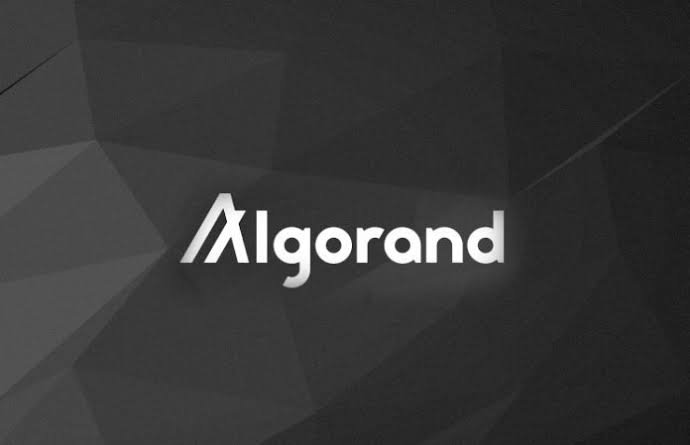Blockchains may have a lot of advantages, but it seems that there are some flaws in them. When Bitcoin was created more than a decade ago, we noticed some issues with it. There was the issue of higher transaction costs, as well as low throughput. These issues still persist today. When Ethereum was created, it was designed to offer some solutions to the issues above, but there are still problems that are yet to be handled. Ethereum blockchain still deals with the issue of scalability. The reason many of the blockchains in existence are lagging behind is because of what we call the blockchain trilemma.
We will focus on what blockchain trilemma means, and how Algorand is solving this issue with its intriguing features.
What is the blockchain trilemma?
There is a great chance that you must have heard of this. A trilemma happens when there are three options but only one or two can be achieved at once, while the remaining have to suffer. If we tackle one aspect, the other two may have to suffer, and vice versa.
When we talk about the blockchain trilemma, we have three alternatives, which are scalability, security, as well as decentralization.
If the trilemma occurs in a blockchain, it means that it handles the issues of security and decentralization better, then does little or nothing when scalability is concerned. This is the issue of most blockchains, Bitcoin, and Ethereum inclusive.
What is a blockchain without decentralization? This defeats the entire process. If there was no decentralization, blockchain won’t have transparency that makes it lucrative to many. Very few delegates will make the decision.
What if there is no security? Who would want to have their funds stored where they are not safe? This means that one’s transactions and funds can disappear into the thin air. No one craves that. If blockchain wasn’t secure, cases of fraud would become rampant.
What if there was no scalability? Users of blockchain will have to worry about the slow network and how clogged the system was. There is a great chance that you may remember how Ethereum fared when CryptoKitties was reigning. It was not funny. This is an issue that most blockchains face today. They tend to focus more on security and decentralization while ignoring the issue of scalability. With the globalization of the world, individuals and firms want a global instant network.
How Does Algorand Solve This Issue?

Before we talk about the innovative method that Algorand uses in solving the blockchain trilemma, let’s look briefly at Algorand’s blockchain.
This is a decentralized blockchain that makes use of smart contracts. It was created by the Algorand Foundation, with the help of innovative developers and cryptographers. The Algo is the native coin of this ecosystem.
It was created by an MIT University professor, Silvio Micali, who is a great inventor. He is also the founder of Zero-Knowledge Proofs and he possesses a lot of awards under his belt.
Algorand’s Pure Proof of Stake (PPoS)
For those that have used the likes of Bitcoin, the issue of scalability is an annoying itch that refuses to go. Algorand solves this issue by making use of its PPoS algorithm.
Approval of blocks is done through committees. Calm your titties. Algorand Foundation doesn’t choose who becomes a member of the committee. The users do not determine who becomes a member. This is to prevent any form of fraud or centralization.
So what happens? The committee members choose themselves. It is not the typical user saying that he will go for around, and this person will go for another round, and so on. It is far from that.
What happens then? The nodes are allowed to run a lottery that can be verified on every account in the ecosystem. Those that win a round are chosen to be part of the committee. The fact that the lottery can be cryptographically verifiable means that no one can change the system or improve their chances of winning.
To prevent alteration of any kind, the lottery is run without interacting with any other node. It doesn’t matter how much computing power you possess, you can’t alter the lottery or your chances of joining the committee. This is the sweet part of Algorand.
Algorand solves the issue of security because no one knows who the committee members are, hence, they can’t launch an attack on them. You can’t even use DDoS to launch an attack on the ecosystem.
Algorand solves the issue of scalability because it takes them microseconds to run the lottery. It doesn’t matter if the user has a lot of tokens.
Algorand solves the issue of decentralization because there is no fixed committee to decide how the next block is formed every time. The committee members change every time, thereby making it decentralized.
Conclusion
With the PPoS, Algorand has been able to solve the blockchain trilemma issue effortlessly. This is something that most blockchains have not done easily. The use of committees has ensured that scalability is far easier.
This post may contain affiliate links, which means that I may receive a commission if you make a purchase using these links. As an Amazon Associate, I earn from qualifying purchases.

